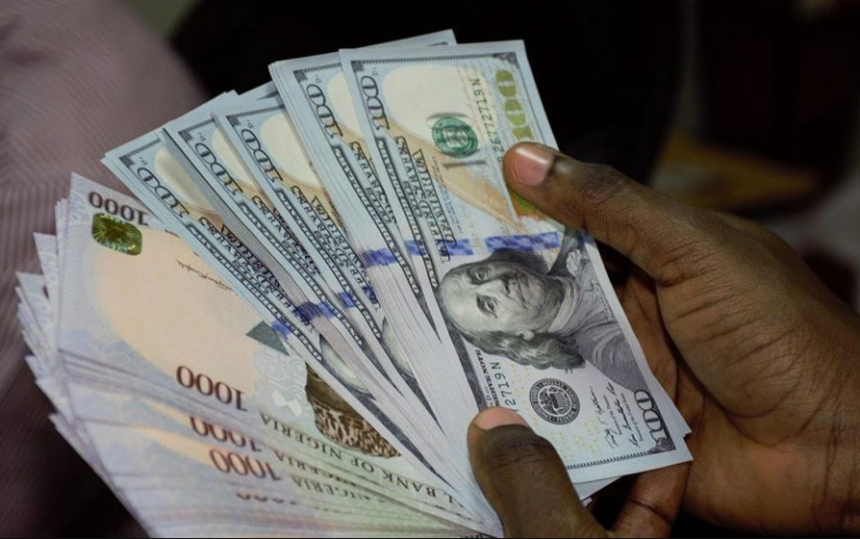The Nigerian Naira concluded January 2025 at a rate of N1,475 per dollar at the Nigerian Autonomous Foreign Exchange Market (NAFEM), achieving its most robust performance since June 2024.
On June 11, 2024, the official exchange rate was recorded at N1,473 to the dollar, which remained the highest until January 31, 2025.
This reflects a notable improvement from the closing rate of N1,535 per dollar on December 31, 2024, at NAFEM, signifying a gain of N60 or a month-on-month increase of 3.91%.
In January, the Naira traded at approximately N1,560 and N1,506 per dollar, with the exception of the final two days of the month. On January 30th, it was valued at N1,493 to the dollar, and it appreciated further to conclude the month at N1,475 on the last day.
- Advertisement -
The Central Bank of Nigeria (CBN) has been actively engaged in various foreign exchange interventions and policy initiatives designed to stabilize the Naira. These efforts include the imposition of stricter regulations on Bureau De Change operators and the enhancement of dollar liquidity within the official market.
Earlier this week, CBN Governor Olayemi Cardoso declared that any breaches of the newly introduced Nigeria Foreign Exchange (FX) Code would incur significant penalties. He reiterated the Central Bank’s commitment to promoting ethical practices and transparency in the foreign exchange sector.
Experts have noted that the FX Code represents a significant advancement by the CBN, as it establishes definitive and enforceable standards for ethical conduct, governance, and compliance within Nigeria’s foreign exchange market. “The FX Code signifies a new phase of compliance and accountability. It is not merely a collection of suggestions; it constitutes an enforceable framework. Violations will result in penalties and administrative actions under the CBN Act of 2007 and the BOFIA Act of 2020,” Cardoso stated.










